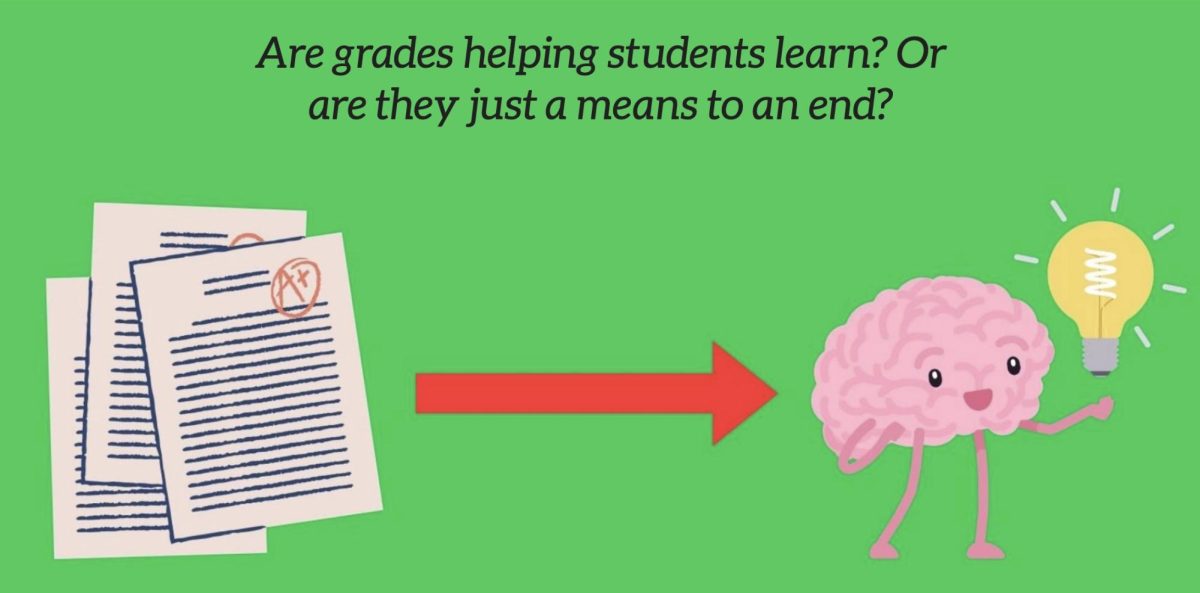Some members of Fordham’s faculty have criticized the system of grading as an ineffective measure of comprehension which requires professors to unfairly rank students against one another.
While Fordham professors must assign a letter grade to their students, advocates for “ungrading” try to de-emphasize them in the classroom. These professors grade assignments for completion or adapt criteria for success to match the growth of individual students, in addition to other alternative methods of assessment.
Many “ungraders” argue that letter grades foster an academic hierarchy contrary to the spirit of education. Diane Detournay, an advanced lecturer in the English department at Fordham Lincoln Center, criticized the idea that students receiving more A’s on average cheapens academic performance.
“That is a view of excellence that actually necessitates the failure of a certain subgroup, and that doesn’t seem right to me,” she said.
Detournay strives to take grades off her students’ minds so they have the freedom to pursue their interests. In her classes, Detournay uses a “specifications grading” system where students set the grade they want to receive and how much work they want to complete to earn it. That way, Detournay said, students can clearly understand the work required to earn the grade they’ve chosen.
Lauren Romeo, Fordham College at Rose Hill ’24, has taken three classes taught by Detournay and praised her approach to grading. Romeo noted that she is more motivated by Detournay’s grading system than large lectures and exams that make up significant portions of a class grade for her major in Biology. The STEM courses she has taken are often graded on a curve, where student’s grades are established according to a predetermined ratio where the majority of students will fall in the middle B/C range.
For students who struggle to perform well on tests, the importance of these exams can make them feel left behind.
“There’s nothing I can do to actually really improve this,” Romeo said. “It’s just really weird and really frustrating.”
Romeo referred to introductory STEM lectures graded on a harsh curve “filter courses,” supposedly designed to fail and weed out a broad swath of underclassman students. She added that her performance and motivation have improved in smaller biology classes where professors give students personal feedback on submitted work.
High-stakes exams often have a significant influence on a student’s final grade, especially in core classes and STEM courses. For students who struggle to perform well on tests, the importance of these exams can make them feel left behind.
related stories
Alessia Valfredini, a senior lecturer of Italian at Fordham Lincoln Center, allows her students to retake tests for full credit and keeps flexible deadlines for assignments. She said that she does not penalize students for late work because learning, rather than grades, matters most.
“I want to acknowledge that there’s multiple ways to walk that path and they’re all meaningful,” Valfredili said. “How come we’re just using outcome measures that are so short sighted, when the things we’re the most proud of happen after more time, and manifests themselves in context?”
“Ungraders” like Detournay and Valfredili acknowledged that grades cannot be abolished without a broad upheaval across academia. For now, they will explore possibilities to teach around grades in ways that nurture the passion and imagination of their students.



